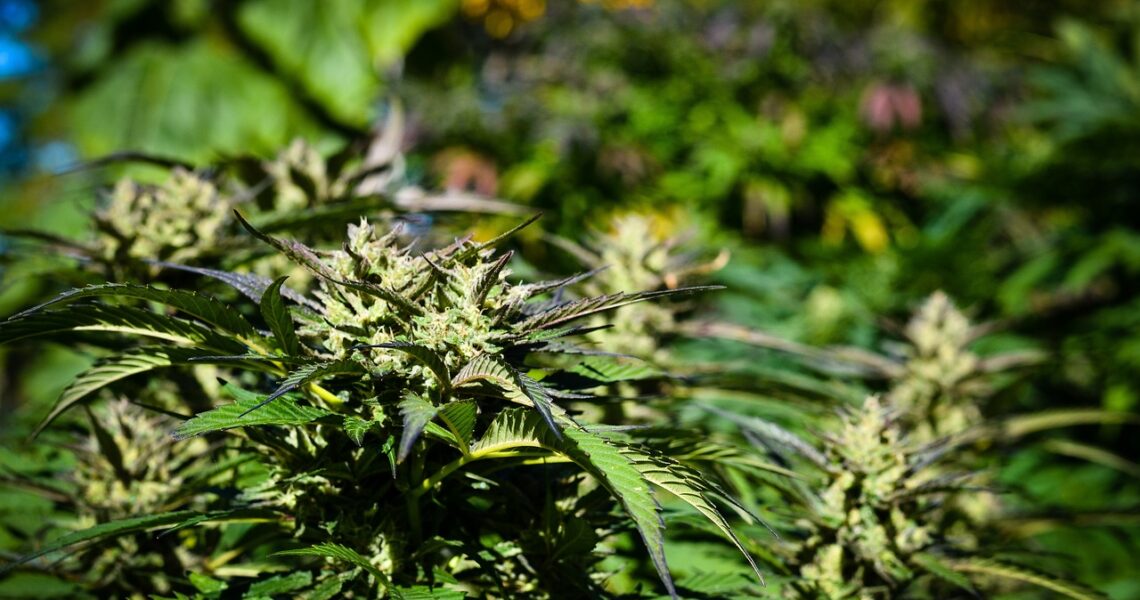The legal status of THCA flower has become a topic of interest for many individuals seeking alternative wellness options. As cannabis laws evolve across the United States, understanding the nuances of THCA legality is crucial for consumers and businesses alike. This article explores the legal landscape of THCA flower from this indacloud.co , providing insights into state-specific regulations and the implications for users.
What is THCA?
Tetrahydrocannabinolic acid (THCA) is a non-psychoactive cannabinoid found in raw cannabis plants. Unlike THC, THCA does not produce a high when consumed. It is only when THCA is heated through smoking, vaping, or cooking that it converts into THC, the compound responsible for the psychoactive effects. This distinction is significant in the context of legality, as many laws focus on the presence of THC rather than THCA.
The Legal Status of THCA Flower
The legality of THCA flower varies significantly across the United States. While some states have embraced cannabis reform, others maintain strict prohibitions. Understanding these differences is key for anyone interested in using or selling THCA products.
Federal Law
Under federal law, cannabis remains classified as a Schedule I controlled substance. This classification includes all parts of the cannabis plant, regardless of THC content. However, the 2018 Farm Bill legalized hemp, defined as cannabis with less than 0.3% THC. This has led to some ambiguity regarding THCA, as it is not explicitly mentioned in federal legislation.
State Laws
State laws regarding THCA flower can be grouped into several categories:
- Fully Legal States: In states where cannabis is fully legal, such as California and Colorado, THCA flower is generally permitted for both medical and recreational use.
- Medical Use Only: States like Florida and New York allow THCA flower for medical use, provided the user has a valid medical cannabis card.
- Hemp-Derived Products: Some states permit the sale of hemp-derived products, which may include THCA flower, as long as the THC content remains below 0.3%.
- Prohibited States: In states with strict cannabis laws, such as Idaho and Nebraska, THCA flower is typically not allowed.
Case Studies: THCA Flower in Different States
Examining specific states can provide a clearer picture of how THCA flower is regulated across the country.
California
California, a pioneer in cannabis legalization, permits the sale and use of THCA flower for both medical and recreational purposes. The state’s comprehensive regulatory framework ensures that consumers have access to a wide range of cannabis products, including those high in THCA.
Texas
In Texas, the legal status of THCA flower is more restrictive. The state allows the use of low-THC cannabis products for medical purposes under the Compassionate Use Program. However, the definition of low-THC does not explicitly include THCA, leading to potential legal gray areas.
Virginia
Virginia has recently made strides in cannabis reform, legalizing adult-use cannabis in 2021. THCA flower is available for purchase, but only through licensed dispensaries. This ensures that products meet safety and quality standards.
Implications for Consumers and Businesses
The varying legal status of THCA flower across states has several implications for consumers and businesses.
For Consumers
- Access: Consumers in states with legal THCA flower can access a wider range of products, potentially benefiting from the non-psychoactive properties of THCA.
- Legal Risks: In states where THCA flower is not explicitly legal, consumers may face legal risks if they purchase or possess these products.
- Quality and Safety: In states with regulated markets, consumers can expect higher quality and safety standards for THCA products.
For Businesses
- Market Opportunities: Businesses in states with legal THCA flower can capitalize on a growing market by offering innovative products.
- Compliance: Navigating the complex web of state and federal regulations is essential for businesses to avoid legal issues.
- Education: Educating consumers about the benefits and legal status of THCA flower can help businesses build trust and expand their customer base.
Conclusion
The legal status of THCA flower is a complex issue influenced by both federal and state laws. While some states have embraced cannabis reform, others maintain strict prohibitions, creating a patchwork of regulations across the country. For consumers and businesses, understanding these laws is essential to navigate the evolving cannabis landscape. As more states consider cannabis reform, the legal status of THCA flower may continue to change, offering new opportunities and challenges for all stakeholders involved.
